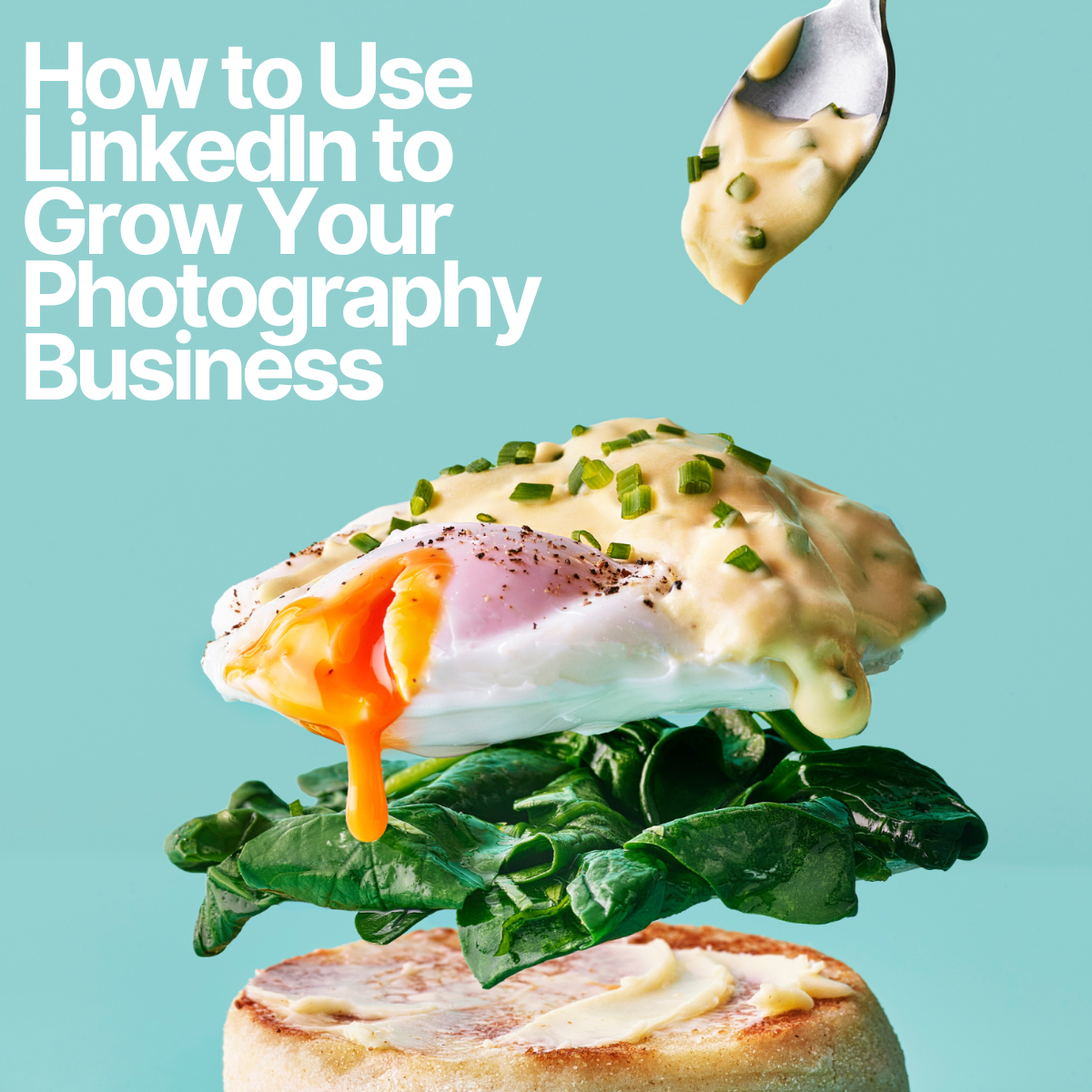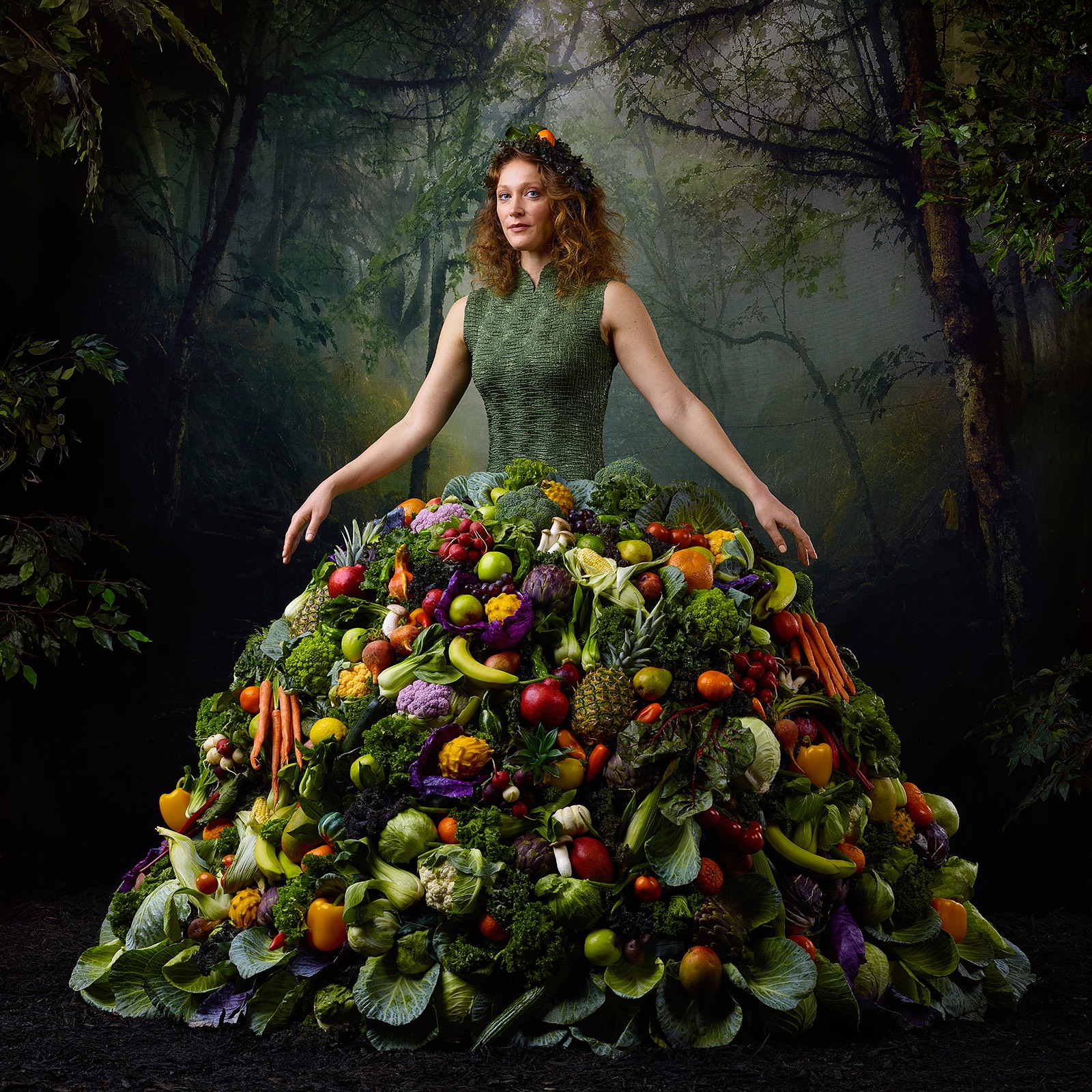Meet Spotlight Awards Car Category judge Fabinho Cerdeira. After working in renowned ad agencies he took on the challenge to join Uber as a Creative Director. Fabinho shares with us some insights about the differences between working in an agency vs. in an in-house marketing team, how car advertising was affected by Covid, and much more.
Production Paradise: How was the transition from working in an agency to being a creative director in Uber?
Fabinho Cerdeira: I don’t even know how to start answering this question. Quick story first: on my very first day, my boss at Uber told me we need to have a 1:1 later that day. I had no idea what a “1:1” was, I had to google it. I guess that summarizes the corporate world difficulties at the start.
The ways of work and bureaucracy are very different from agencies. But let’s get one thing clear before I get into the question itself: I had no intention of jumping the counter and leaving the agency world. By the time Uber made me an offer, I had a comfortable seat at AlmapBBDO, one of the top agencies in the world. So, on one side I had Almap’s warmness. On the other side, I had Uber’s uncertainty. And guess what: I chose Uber. Three years later, I’ve had absolutely no regrets about my decision.
In my opinion, the first big change was about the way you get to relate with the brand and its products when you work in-house. You are so deeply involved, that when you create something you know exactly what you are doing and which way to go. Not that you’re stuck to create, you just know what to do. There’s almost no re-work nowadays, while during my agency times, re-work was the most common thing. There’s also the commitment to results. Back in the agency, I rarely knew the business results caused by some campaign I created. That was the kind of information that never arrived at a copywriters’ table. You deliver a campaign today and on the very next day you are working on a different briefing for a different brand. But at an in-house, you keep up with it the whole time, knowing exactly how good or bad it’s going and always ready to adapt it. And to top all that, the other big change I felt from this career move, was the way creative people are managed.
Truth be told, in most of the agencies in Brazil there’s practically no creative management at all. It’s all about work, work and work. When people at Uber talked to me about having a work-life balance, I thought they were mocking me. At places like Uber (and many other companies), you really have to pay attention to the team you are managing and make sure you’re creating the right path for them to develop, become better professionals and hopefully someday be able to be in your seat. And that’s something that I had to learn from scratch when I moved there.
Production Paradise: You have won several awards such as “the One Show” and the “New York Festival Advertising awards”, could you tell us more about it? Which one has been the most special?
Fabinho Cerdeira: For me, the first award that I celebrate is when I get the work out on the streets. Nowadays the processes are so difficult to go through that having a campaign out there is already a huge win. There are so many layers of approval, so many global demands and so many research tests that keeping an idea alive is a spartan task. So, when you do have one out, it feels like winning a gold medal. And then, if the idea you kept alive is a gem, you still get the market’s recognition for it, which is pretty cool, of course. Especially when you tell your parents you won an award, and they believe you won an Oscar! In terms of festivals, the ones I respect the most are D&AD and the One Show. But for the ad industry in Brazil the most popular is Cannes. That’s the one award our professionals like the most. Those who win get tons of attention and job proposals. Just get one of those shiny lions and doors will simply open for you.
Production Paradise: What has been your favourite campaign to work on, and why?
Fabinho Cerdeira: People say that creative minds must break the rules, right? So, I will break the rule here and pick two favourites instead of one. The first one is called First Days Out which is a campaign for Pedigree, the dog food brand. The reason I like it so much is because of its boldness. It’s a campaign showing the real life of two ex-convicts right after leaving jail. So imagine having the global marketing team in front of you, all eyes focused on what you’re going to do with their precious and traditional brand and you tell them you will make a campaign with real prisoners. Brands are used to connecting themselves with Hollywood stars, models and sports personalities. Convicts were certainly not in that list. But we had the guts to present the campaign, the client had the boldness to approve it and at the end, it was a big hit, thankfully.
The other campaign was one that I made in partnership with a local agency (Tech&Soul) and it’s called Distracted Goalkeeper. When you see the amazing results of this campaign, you don’t realize how difficult it was to make it happen. And the idea itself was so challenging that the few people that knew about it never thought it would work. We knew in the back in our minds that all our efforts could have been in vain if things didn’t happen 100% in our favor. There were too many variables that could’ve gone wrong during the execution. But on that particular day, the Universe aligned for us and the rest is history.
Production Paradise: You are a judge in the Car Photography Category of our Awards – what’s your opinion on how car brands are adapting to the situation post Covid-19 and the challenges of climate change? Is this reflecting how the campaigns are developed?
Fabinho Cerdeira: If people can’t get out of their houses, why would they buy a new car? I’m not sure about the numbers but my guess is that the Car Industry suffered a big hit with all that has been happening. It certainly isn’t easy to convince anyone to buy a car in this scenario. No matter how creative your campaign is, people may just not need your product. Period. They can laugh or emotionally cry with your fabulous 30” ad, but buying the car is just not a reality. And then the brands go into survival mode which in our business is promos: 10, 20, 25% off…
Here in Brazil, during 2020 I didn’t see any car campaigns that touched me. It seemed that people were just passing the ball sideways, afraid of moving forward without knowing what Covid had for them at the scoreline. In terms of climate change, our national market is starting to take baby steps towards it. Unfortunately, climate change is not an important issue for most people down here. Sounds crazy, I know. And if it’s not an issue for them, it isn’t for the Car Industry either. We are still cutting way more Amazon trees than making green cars. I hope that we (as a country) wake up in time to make a difference. Being a father of two little kids, I just hope it’s not too late.
Production Paradise: In what ways do you think Production Paradise Spotlight Awards could benefit photographers?
Fabinho Cerdeira: Just for you to know how much I praise photography and photographers, I’m about to launch a photo gallery in Brazil. It’s called White Rhino Galley and the goal is to work with a very exclusive group of photographers who have great work but are not mainstream in the art world. We want to work with photographers relying on their photos, not on their famous names. Certainly, they’re not easy to find, that’s why we call them the white rhinos of photography.
Having said that, the most important thing about the Production Paradise Spotlight Awards is that a photo award keeps the quality bar up high in our market. Nowadays I believe this is one of the most important issues in the ad industry. With the growth of digital content and media, lots of marketing professionals believe that production is not that important. They want to solve anything with a mobile camera and a couple of hundred dollars, but still expecting amazing results from it. And in real life we know that’s not exactly possible. I also truly believe that an award such as the Spotlight Awards can open many doors to all kinds of photographers. Not only the prize itself but being seen by a worldwide jury is already a great opportunity for many professionals out there.
Production Paradise: It is your first time judging in our Spotlight Awards, what are you expecting to see in this competition?
Fabinho Cerdeira: Truth is, I’m very anxious to see what’s ahead. This waiting to start judging is messing with my head! I’m really curious to see how other countries are approaching the production side of things and how photographers were able to bring their magic to the table in such crazy times we are living in. Of course, there’s also a big responsibility from my side (and the other judges) to make the right calls and not let any good work be seen without its well-deserved recognition. I’m sure it will be a great experience. You can put my name on the judging list for 2022!
We thank Fabinho for sharing with us, and we are looking forward to seeing the submissions for the Cars Photography in the Spotlight Awards.

%20(2100%20x%20405%20px).png)
.png)

